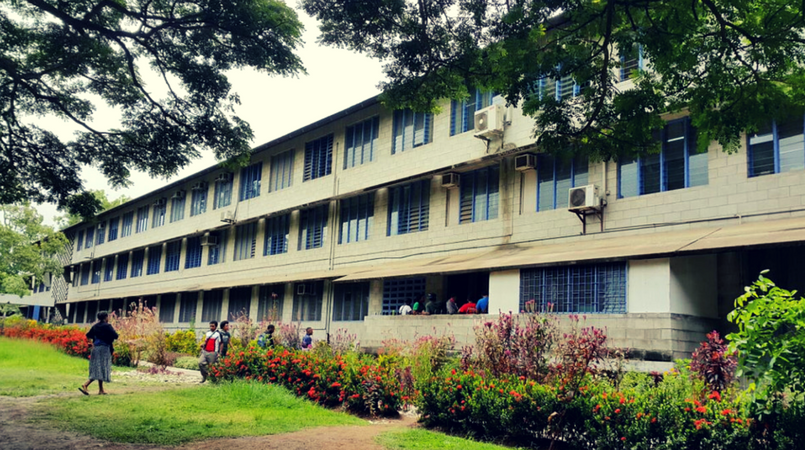
In accordance with its aim to create innovative leaders for nation building, the University of Papua New Guinea’s School of Business and Public Policy launched its master’s program yesterday.
Held at the Main Lecture Theatre, the event was witnessed by less than 200 people, with dignitaries in the likes of the Secretary for the Department of Education, Professor David Kavanamur, and the Australian High Commissioner to PNG, Bruce Davies.
As an homegrown postgraduate degree that has been developed with the support of staff from the Australia National University, the program aims to provide high quality educational opportunities and human resource development for leaders engaged in the economic and public sectors of the nation.
Information provided by the SBPP shows that the program is anticipated to provide candidates with relevant theoretical and applied knowledge, as well as an understanding of the ethical and value based leadership that is a prerequisite for effective public institutions.
“The course sequence reflects contemporary domestic and global economic and public policy challenges,” says the school.
“To be admitted into this program, applicants are expected to have acquired a first good degree, either in economics and public policy, from an approved university, have reasonable work experience in the middle or senior level of management in public, private, bank or a nongovernmental organisation, and most importantly, have fluent English and be computer literate.”
The program is structured in a way that the courses follow a trimester system and entails different exit points to give flexibility to enrolled students to exit whenever they choose to, based on their acquired skills.
“These exit points include a graduate certificate, graduate diploma and a master in economic and public policy.”
The business school states: “Fortunately, even students who decide to study for a graduate certificate and a graduate diploma have a chance of gradually building themselves up to a level where they can competently undertake full masters.”
Total cost for undertaking studies under the masters in economics and public policy is K31,450.05 as potential students of the program have to pay an amount of K2,096.67 per course. This fee is applicable to nationals only.
For expatriates, the cumulative total would be K46, 800 for fifteen courses at K3,120.
The event was staged with the support of the Pacific Leadership and Government Precinct, a joint initiative of the governments of Papua New Guinea and Australia to develop capable and ethical leaders.
(UPNG’s School of Business and Public Policy. Picture by Daniella Ilo)
